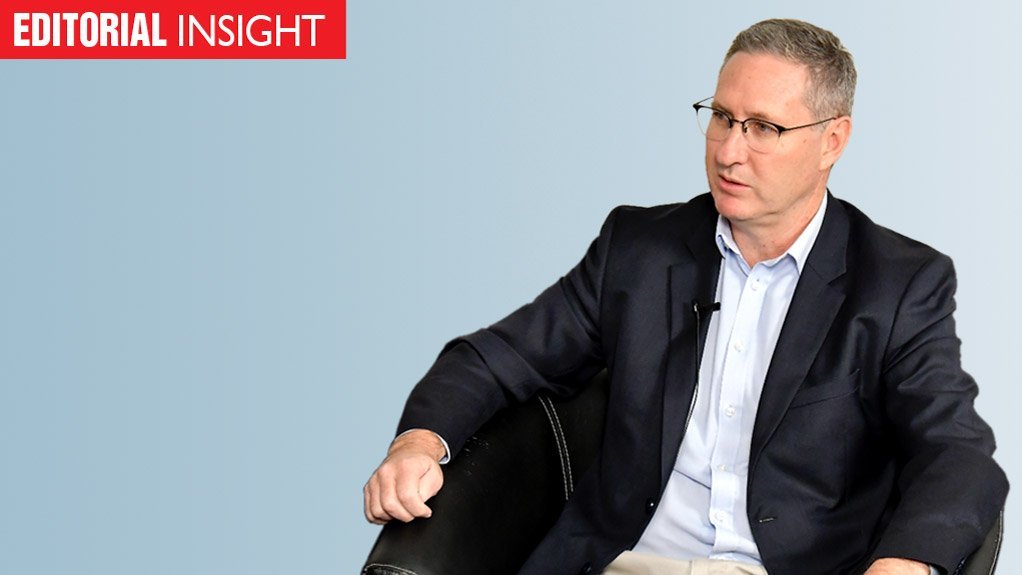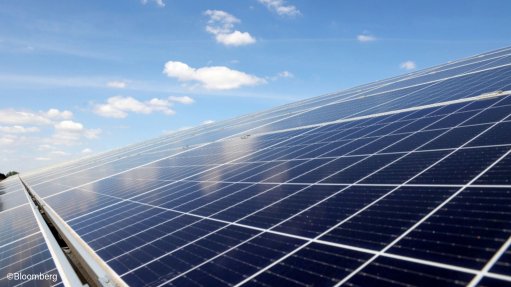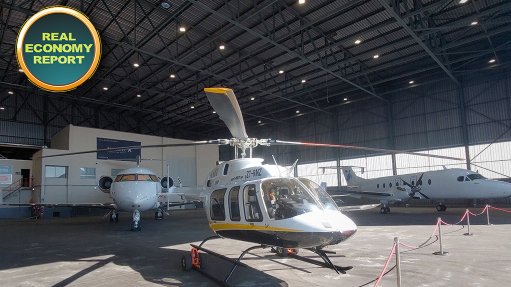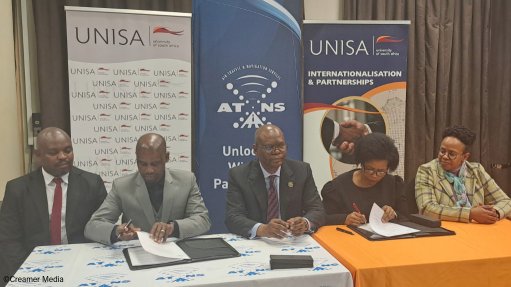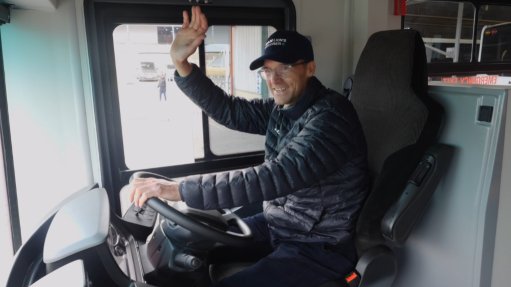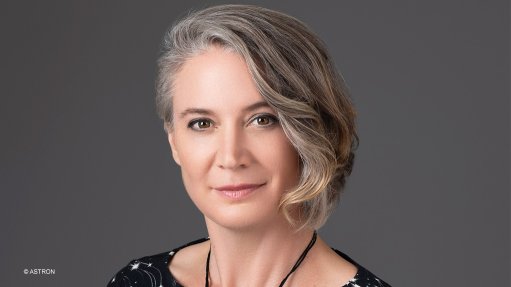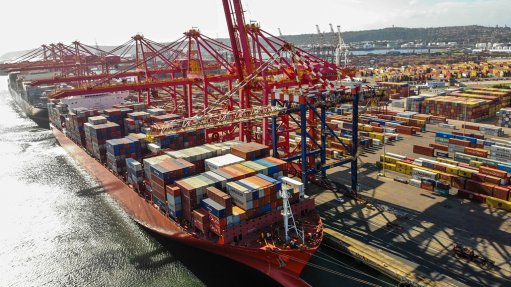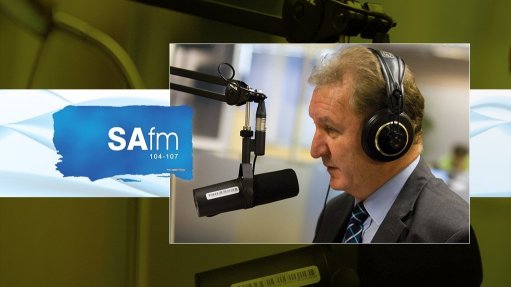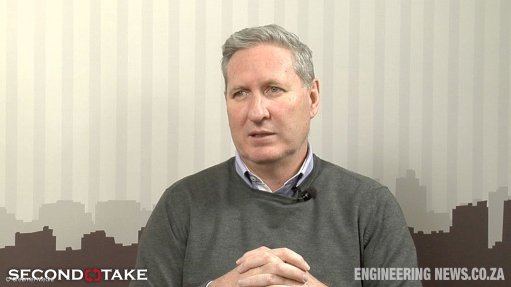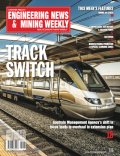Reform momentum
From an economic perspective, the most important signal provided by President Cyril Ramaphosa in his State of the Nation Address was that the reform agenda remains in place, and that it will be underpinned by fiscal restraint and ongoing efforts to rebuild credible governance and institutional capacity in the public sector.
True, the address failed to inspire confidence that government really has a plan to root out the organised criminal networks that have progressively penetrated key areas of the economy, from construction and electricity to mining and transport. But it was stronger in outlining how the two most visible constraints to growth and investment – electricity and freight logistics – are being addressed.
Here, the reform agendas in both sectors were held up not only as something to be extolled, but as something to be intensified. In both instances, there is a grudging acceptance that the current market structures, as well as their over-reliance on failing State-owned enterprises, are no longer fit for purpose, and will never again deliver competitive services even if there were unlimited fiscal resources to back their recoveries.
Achieving an outcome that is growth and investment enhancing will require the capital, capacity and ingenuity of the private sector.
What is equally crucial, however, is for this opening up to be accompanied by clear legislative and regulatory guardrails that ensure that these private firms are not able to exploit any residual monopoly hangovers.
In the electricity sector, such safeguards should arise because of the Electricity Regulation Amendment legislation that is currently advancing (at a remarkable pace, one might add) through the Parliamentary process.
The Bill envisages a more competitive electricity landscape and, thus, begins to cater for the downside risks associated with a transition from a vertically integrated monopoly structure to a more disaggregated arrangement. It also recognises the natural monopoly that will persist in transmission, which will mean that the emerging National Transmission Company South Africa will, and should, remain the dominant market participant, even if the “innovative investment models” mooted by the President are introduced to help fast-track the construction of powerlines and substations.
Similar legislative restraints will be required in rail, as the infrastructure and operational aspects of Transnet Freight Rail are separated to allow for private train operations.
The question, then, is whether this reform agenda could be dislodged after the elections, given that the African National Congress (ANC) is likely to dip below 50% for the first time in the democratic era. Under most scenarios, the reforms will remain intact, partly because of the momentum behind them and partly because there are simply no public resources to fund an alternative.
Sand could well be thrown in the gears under a scenario where the ANC enters a coalition with the Economic Freedom Fighters. Even then, however, it is likely to be a temporary disruption, given than no governing coalition will surely be comfortable presiding over yet further backsliding in the two crucial areas of power and logistics.
Comments
Announcements
What's On
Subscribe to improve your user experience...
Option 1 (equivalent of R125 a month):
Receive a weekly copy of Creamer Media's Engineering News & Mining Weekly magazine
(print copy for those in South Africa and e-magazine for those outside of South Africa)
Receive daily email newsletters
Access to full search results
Access archive of magazine back copies
Access to Projects in Progress
Access to ONE Research Report of your choice in PDF format
Option 2 (equivalent of R375 a month):
All benefits from Option 1
PLUS
Access to Creamer Media's Research Channel Africa for ALL Research Reports, in PDF format, on various industrial and mining sectors
including Electricity; Water; Energy Transition; Hydrogen; Roads, Rail and Ports; Coal; Gold; Platinum; Battery Metals; etc.
Already a subscriber?
Forgotten your password?
Receive weekly copy of Creamer Media's Engineering News & Mining Weekly magazine (print copy for those in South Africa and e-magazine for those outside of South Africa)
➕
Recieve daily email newsletters
➕
Access to full search results
➕
Access archive of magazine back copies
➕
Access to Projects in Progress
➕
Access to ONE Research Report of your choice in PDF format
RESEARCH CHANNEL AFRICA
R4500 (equivalent of R375 a month)
SUBSCRIBEAll benefits from Option 1
➕
Access to Creamer Media's Research Channel Africa for ALL Research Reports on various industrial and mining sectors, in PDF format, including on:
Electricity
➕
Water
➕
Energy Transition
➕
Hydrogen
➕
Roads, Rail and Ports
➕
Coal
➕
Gold
➕
Platinum
➕
Battery Metals
➕
etc.
Receive all benefits from Option 1 or Option 2 delivered to numerous people at your company
➕
Multiple User names and Passwords for simultaneous log-ins
➕
Intranet integration access to all in your organisation



